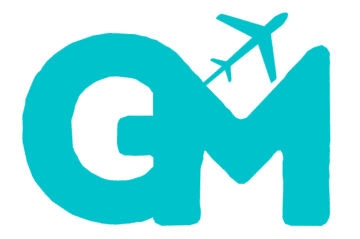In the latest development, Canada’s second express entry, the IRCC invites 1,000 new invitations to apply (ITAs) with a focus on candidates proficient in French, with a consideration to meet a minimum Comprehensive Ranking System (CRS) score of 470.
This Article is Free for Subscribers
Access 2000+ premium insights, visa updates, and global lifestyle stories all in one place. <div> For Subscribers, Login here
Login if you have purchased



































